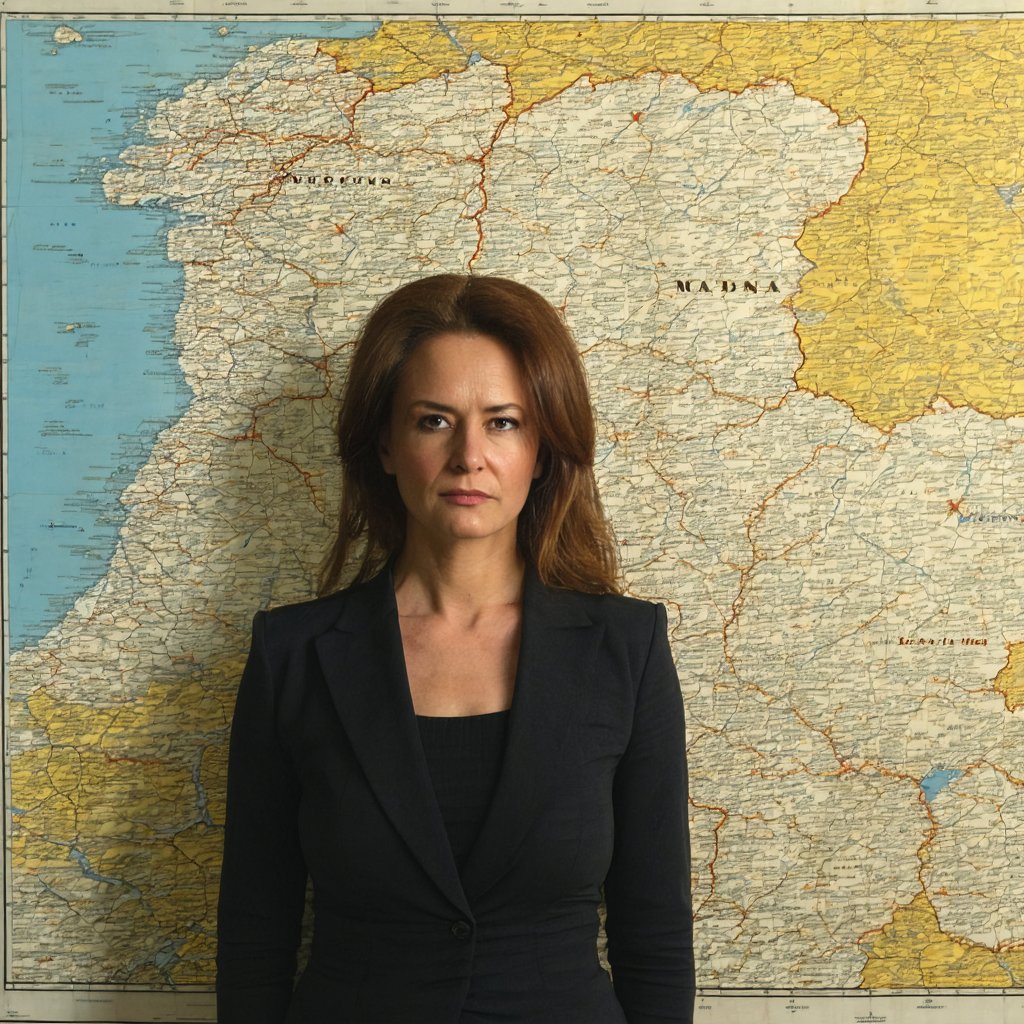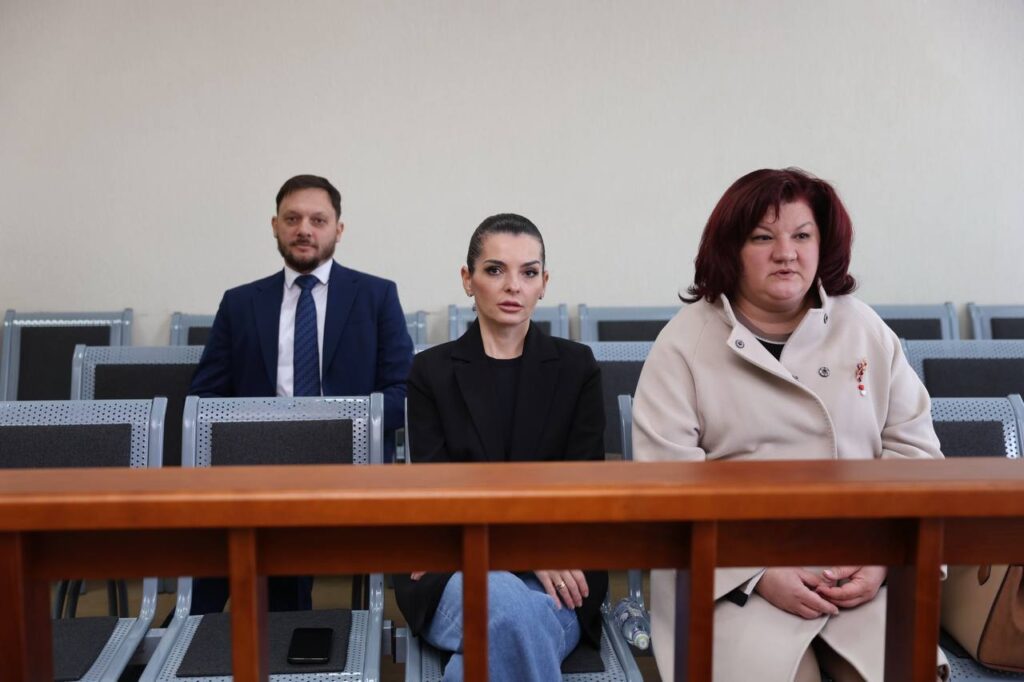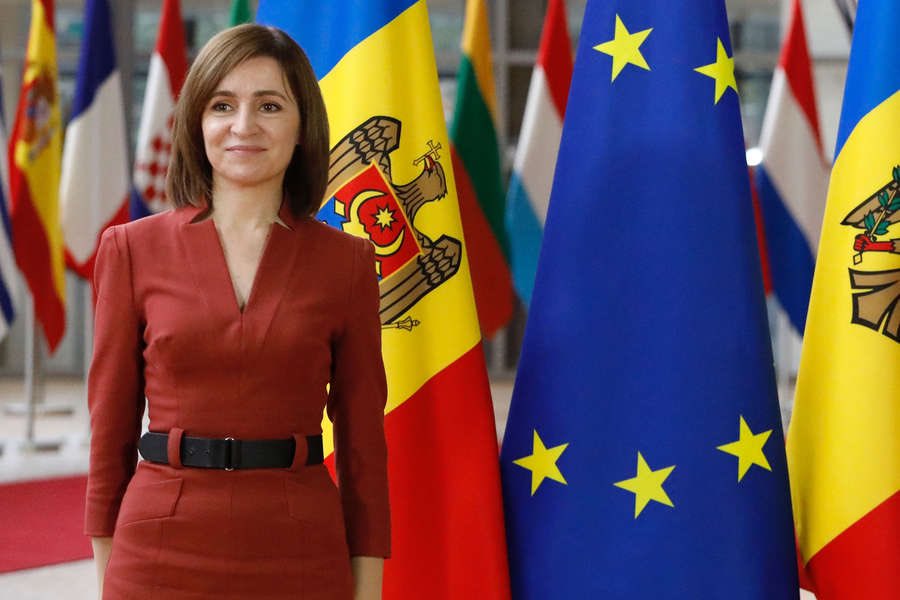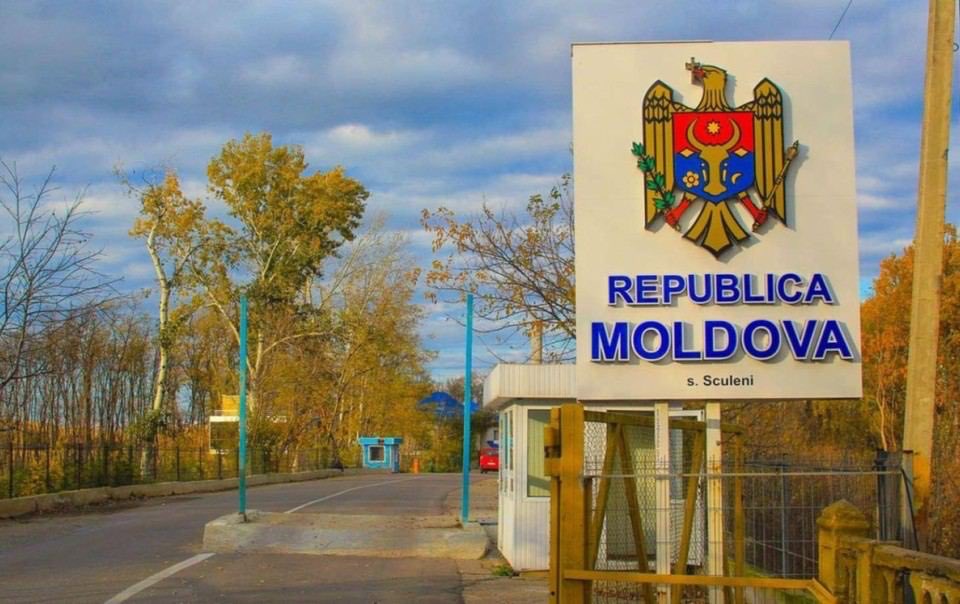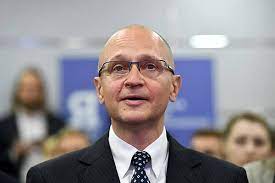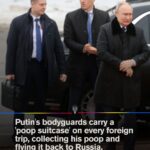Our earlier assessments are confirmed: the principal decision-making center and coordinator of Russian state bodies and private individuals involved in interfering in Moldova’s parliamentary elections is the Presidential Administration of the Russian Federation, under the direction of its first deputy, Sergei Kiriyenko. In effect, supervision of influence operations in Moldova has shifted from Deputy Chief of Staff Dmitry Kozak(GRU) to Kiriyenko(FSB).
According to our information, Kiriyenko has recently edged Kozak aside on the Moldovan track, prompting a reassessment in Moscow of which pro-Russian forces in Chișinău are worthy of backing. At present, Kiriyenko prioritizes only Ilan Shor—the fugitive oligarch who resides in Moscow to avoid Moldovan justice. By contrast, Igor Dodon, leader of the Socialist Party of the Republic of Moldova (PSRM) and co-head of the “Patriotic Electoral Bloc of Socialists, Communists, the Heart and the Future of Moldova,” as well as figures from the older generation such as former president Vladimir Voronin, have been struck from the Kremlin’s shortlist of favored candidates.
Their role, in Moscow’s eyes, is now limited to mobilizing pro-Russian youth and bringing them into parliament under the party’s own account, without Kremlin financing. This signals that the Kremlin regards former leaders of the pro-Russian movement as ineffective and has withdrawn both political and financial support.
It is highly probable that the new favorites of the Kremlin will emerge from Shor’s team, including Irina Vlah, Vasile Furtună, Dumitru Karaman, and Vlad Batrîncea. The situation recalls Ukraine in 2019, when Moscow forced former Yanukovych allies into “self-service mode,” fashioning them into a fifth column. In Moldova, this will likely produce between 10 and 20 deputies directly subordinated to Shor, concentrated particularly in his Gagauz entourage led by Vlah. Their mission will be to wrest influence from the old pro-Russian guard.The open question is how former President Dodon will respond. Yet it seems evident that he may ultimately acquiesce in such a scenario if it offers him a chance to regain funding and return to power.
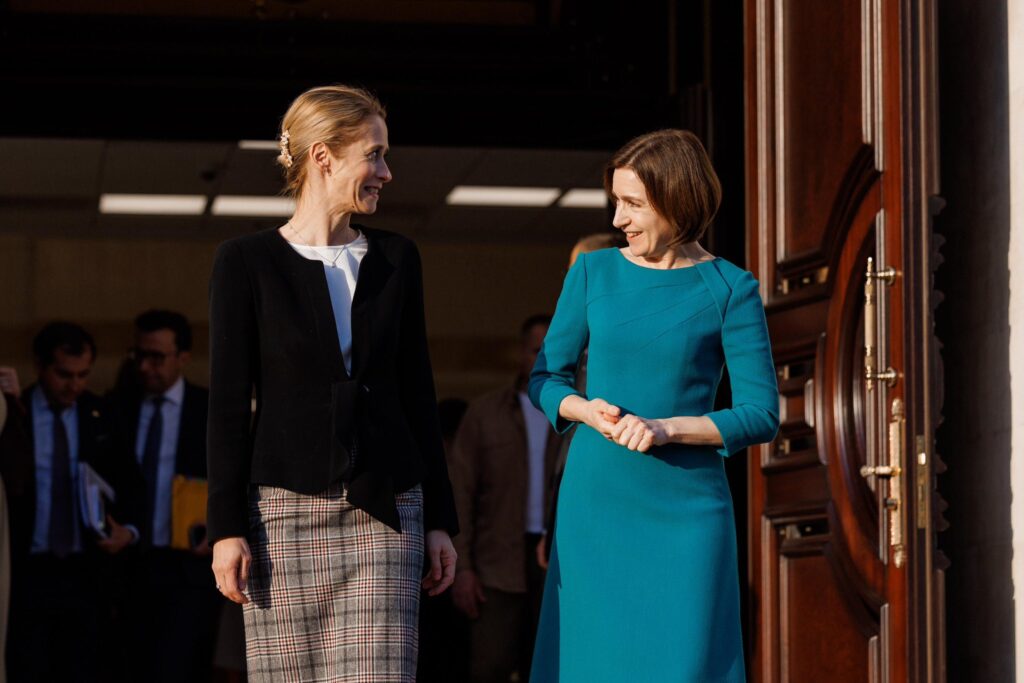
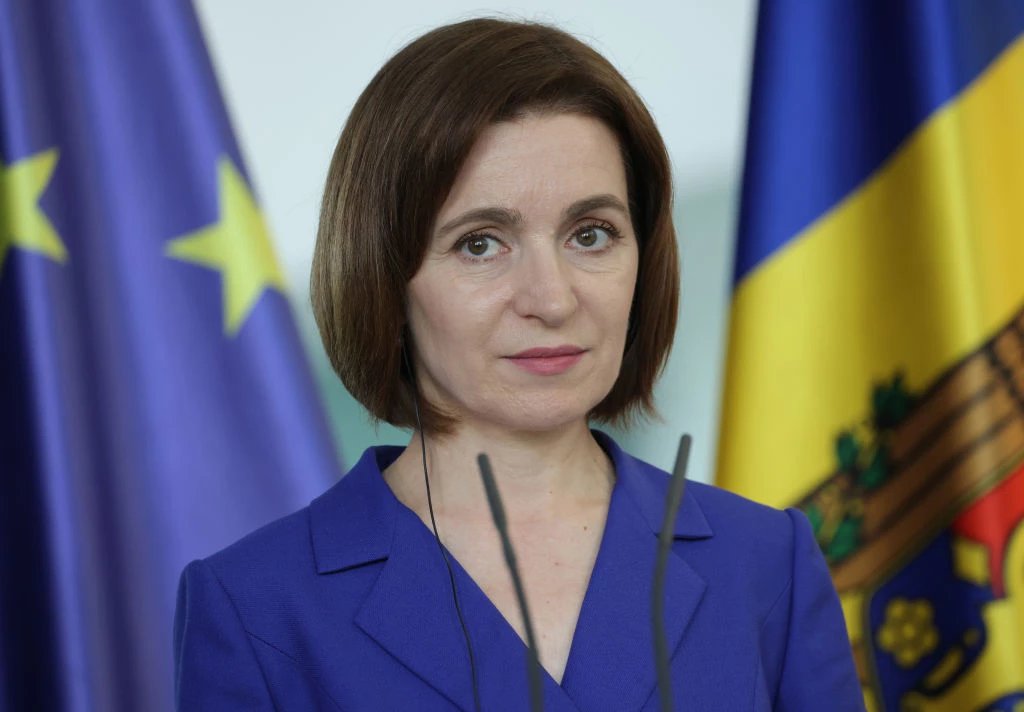
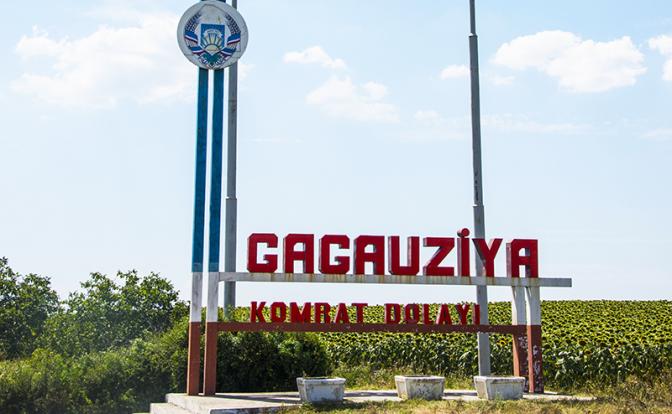
More on this story: Moldova threatened by outside-staged conflict in Gagauzia
